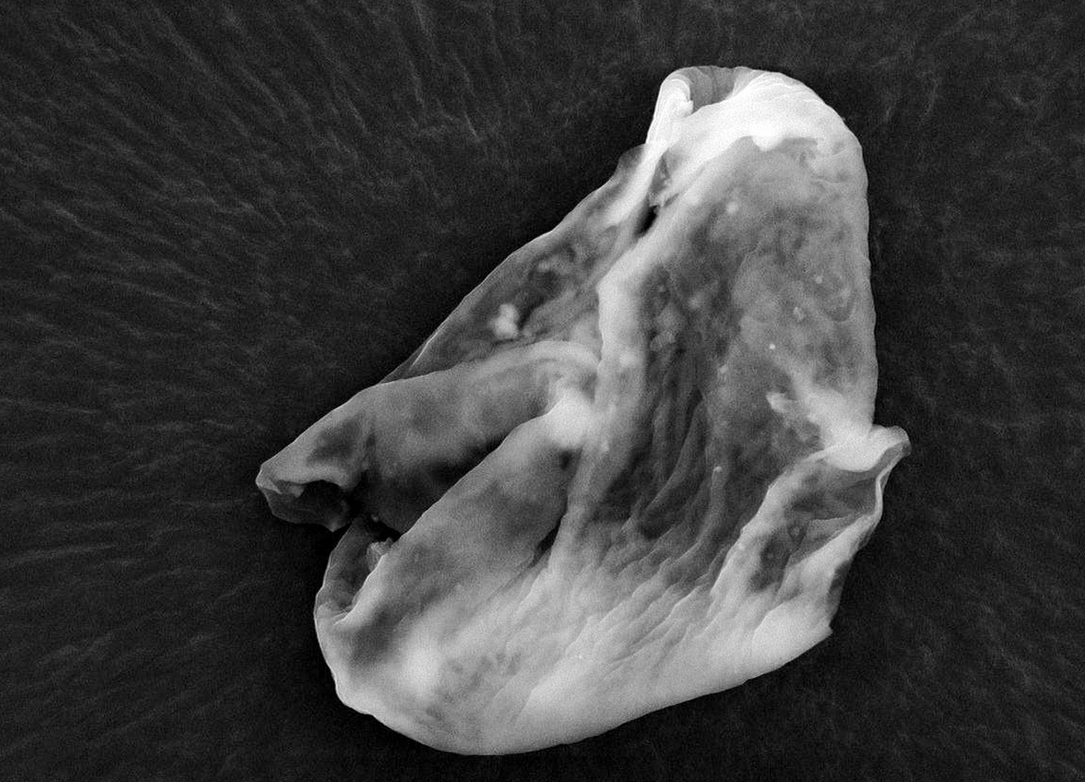I recently had a discussion with an individual about the supposed incompatibility of religion and science. This individual was convinced that most of the central claims of any religion can be labeled as unscientific. I disagreed, but not simply because of my own convictions about the nature of God, but also because of my intuition about the limitations of science and why any questions or claims that lay beyond those limitations are not automatically “unscientific.”

I’d like to start by making reference to a related argument. In the very public, recent intelligent design vs science court case Kitzmiller v. Dover Area School District, celebrated intelligent design proponent Dr. Michael Behe was forced to admit that his argument–that can be effectively summarized as follows:
the input of an intelligent designer is the only currently-known method for producing the strong appearance of design (theoretical arguments of evolutionists notwithstanding) that we find in complex biological organisms, and therefore the inference of a designer is rationally justified
is an inductive argument that can never be ruled out (is unfalsifiable). This “marginalization by unfalsifiability” was how Behe’s arguments were painted as “unscientific” and therefore unworthy of serious consideration. Falsifiability is how Karl Popper famously gave science an escape from Hume’s problem of induction. Falsifiability allows us to say that since it’s so difficult, if not impossible, to prove a claim absolutely true, we instead seek to prove it false, which is a far easier task. If your predictions cannot be shown to be false, they are generally considered to be unscientific. This is, of course, a rough and somewhat naive explanation of how science is done as scientists are more concerned with supporting or contradicting evidence surrounding a claim, but falsifiability is nonetheless a fairly reliable gauge of whether or not a specific claim can ever be considered “scientific.”
If these are the grounds on which we may rule out certain inductive arguments in terms of their “scientificity,” then I would like to suggest that, from a philosophical standpoint, we can similarly dismiss many more supposedly scientific arguments. As an illustration, let’s consider the varying and even competing hypotheses of abiogenesis–the natural process by which life arises from simple organic compounds, implicitly without the need of any intelligent input. That this process occurred at some point in earth’s history is, of course, the default position of most scientists. Any claims to the contrary simply remove the origins of life elsewhere in the universe without actually answering the central question. Scientists believe that either life can create itself from naturally occurring materials, or we lose all explanatory power about the origins of life since the input of an intelligent creator would necessitate an explanation of how that creator itself came to be.
Let’s examine both possibilities a bit more closely. How could we test that life arises from naturally occurring, simple compounds? We could formulate an experiment or series of experiments in which we mix such compounds under simulated pre-life earth conditions and see if such a process can produce a self-replicating molecule. If our experiments produce such a molecule, we have indeed confirmed that life can arise spontaneously from naturally occurring, simple organic compounds. Does this prove that life arose on earth in a like manner?
Well, no. It can, at best, only strengthen the claim that life arose on its own on earth. And in fact, since we can’t know the exact conditions under which life arose on earth, our test itself required the input of an intelligence to both create the test and then fine-tune its parameters. This forces us to explain the success of our experiment, which strengthens the claim we’ve made about the natural origin of life on earth, in terms of the actions of that life. What then to make of the explanatory power of abiogenesis?
What about our other theory–that life arose on earth with help? Attributing the origin of life on earth to a creator intelligence could require the exact same test–and in fact the same experiment we used to verify our predictions about the capabilities of natural abiogenesis could be used equally well to strengthen the claim of intelligent biogenesis. Where does that leave us?
Are any of the specific claims that follow from or precede our experiments falsifiable? Probably not, at least not without a time machine. Are they then unscientific? No. One of the biggest problems I have with reductionism is the ironically religious-like a priori rejection of claims without considering their merit and without serious introspection and a healthy sense of skepticism toward one’s own convictions.
The universe is a strange place, and I believe we will find it to be far stranger the more we learn about it. If a claim must fit our personal worldview, let’s at least allow others, especially those with whom we disagree, the same consideration. We might learn something.



